Samsung equips smartphones intended for international markets with its Exynos chips, often to the chagrin of customers who would prefer Qualcomm's solution. It is not only performance, but also reliability that is to blame. But can you imagine such a situation at Apple? In any case, Samsung's effort is appreciated, but the fact is that if it wanted to, it could do better.
Just like it makes its chips for iPhones Apple (via TSMC), Samsung also makes them. But both have a slightly different strategy, with Apple's clearly better - at least for users of its devices. So with each new generation of iPhone, we have a new chip here, which is currently the A15 Bionic, which runs in iPhonech 13 (mini), 13 Pro (Max) but also iPhone SE 3rd generation. You won't find it anywhere else (yet).
You could be interested in
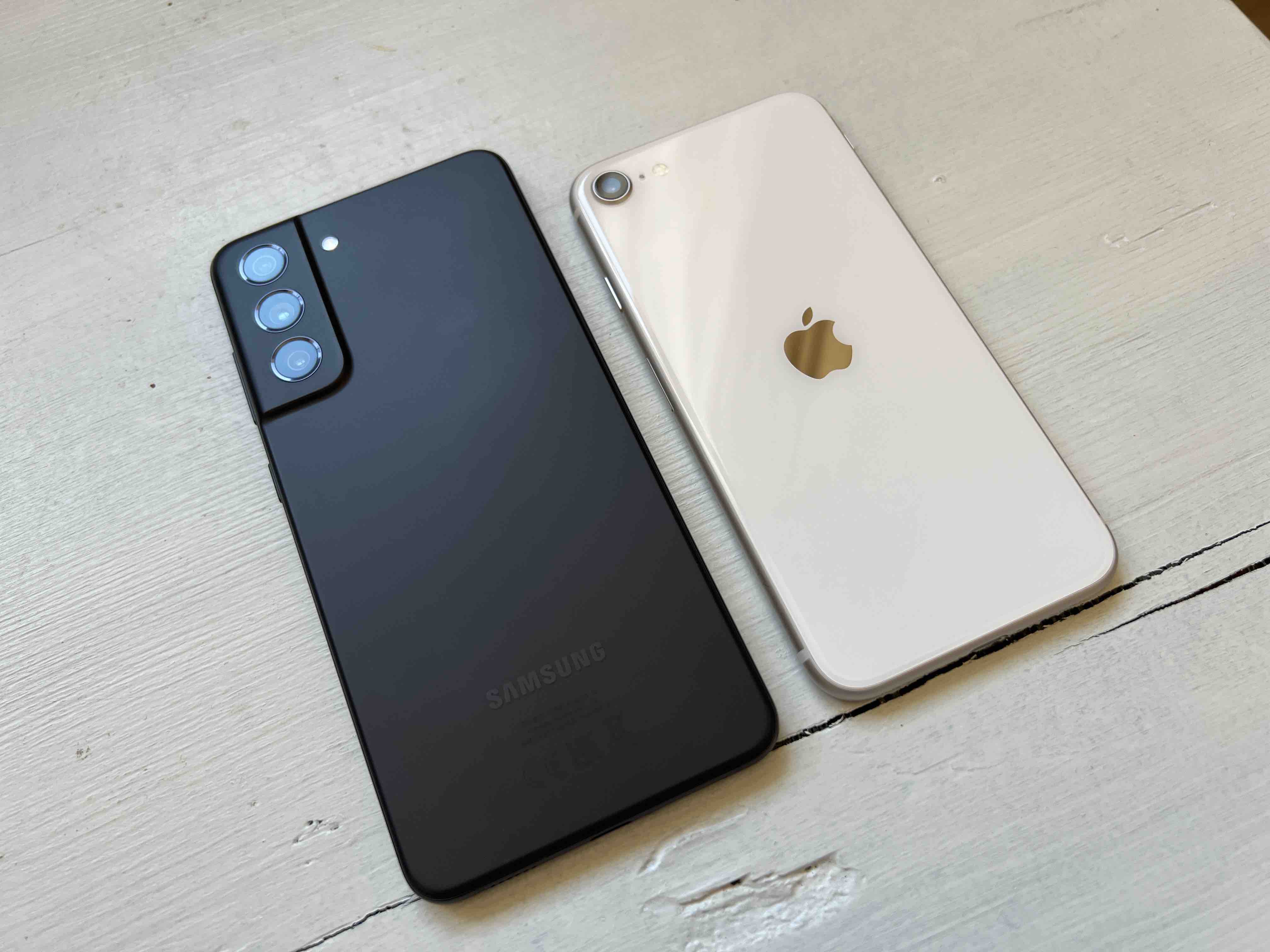
Another strategy
And then there's Samsung, which saw clear potential in Apple's strategy and tried it with its chip design as well. It uses its Exynos in various devices, although it still uses Snapdragons more and more. The current Exynos 2200 chip, for example, beats in every device of the series sold in Europe Galaxy S22. In other markets, they are already delivered with Snapdragon 8 Gen 1.
But if Apple develops and uses its chip exclusively in its devices, Samsung is going through the money, which is perhaps the mistake. Its Exynos are thus also available to other companies that can place it in their hardware (Motorola, Vivo). So instead of being designed and optimized as much as possible for a specific manufacturer's device, just like Apple, Exynos must try to work with as many conceivable combinations of hardware and software as possible.
You could be interested in
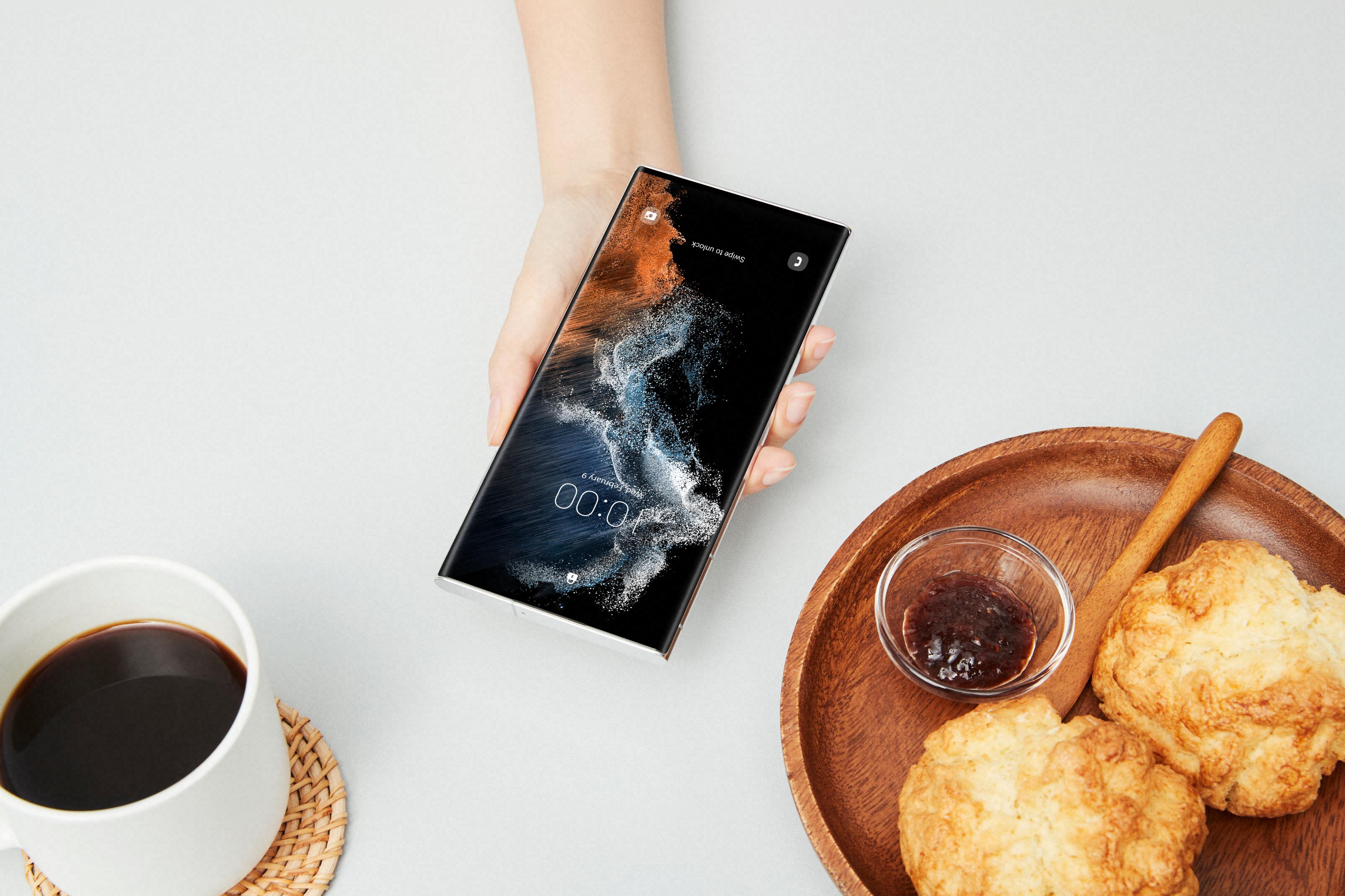
On the one hand, Samsung is trying to fight for the title of the most powerful smartphone on the market, on the other hand, its battle is already lost in the bud, if we consider the chip as the heart of the phone. At the same time, relatively little would be enough. To produce universal Exynos for everyone else and the one always tailored to the current flagship series. In theory, if Samsung knows what display, cameras and software the phone will use, it could make a chip optimized for those components.
The result could be higher performance, better battery life, and even better photo and video quality for users, because Exynos chips simply lose here compared to Snapdragon chips, even if they use the same camera hardware (we can see it, for example, in tests DXOMark). I'd also like to believe that focusing on a closer relationship between the chipset and the rest of the phone's hardware could help prevent the many bugs and imperfections that many Galaxy S is suffering perhaps more this year than ever before.
You could be interested in
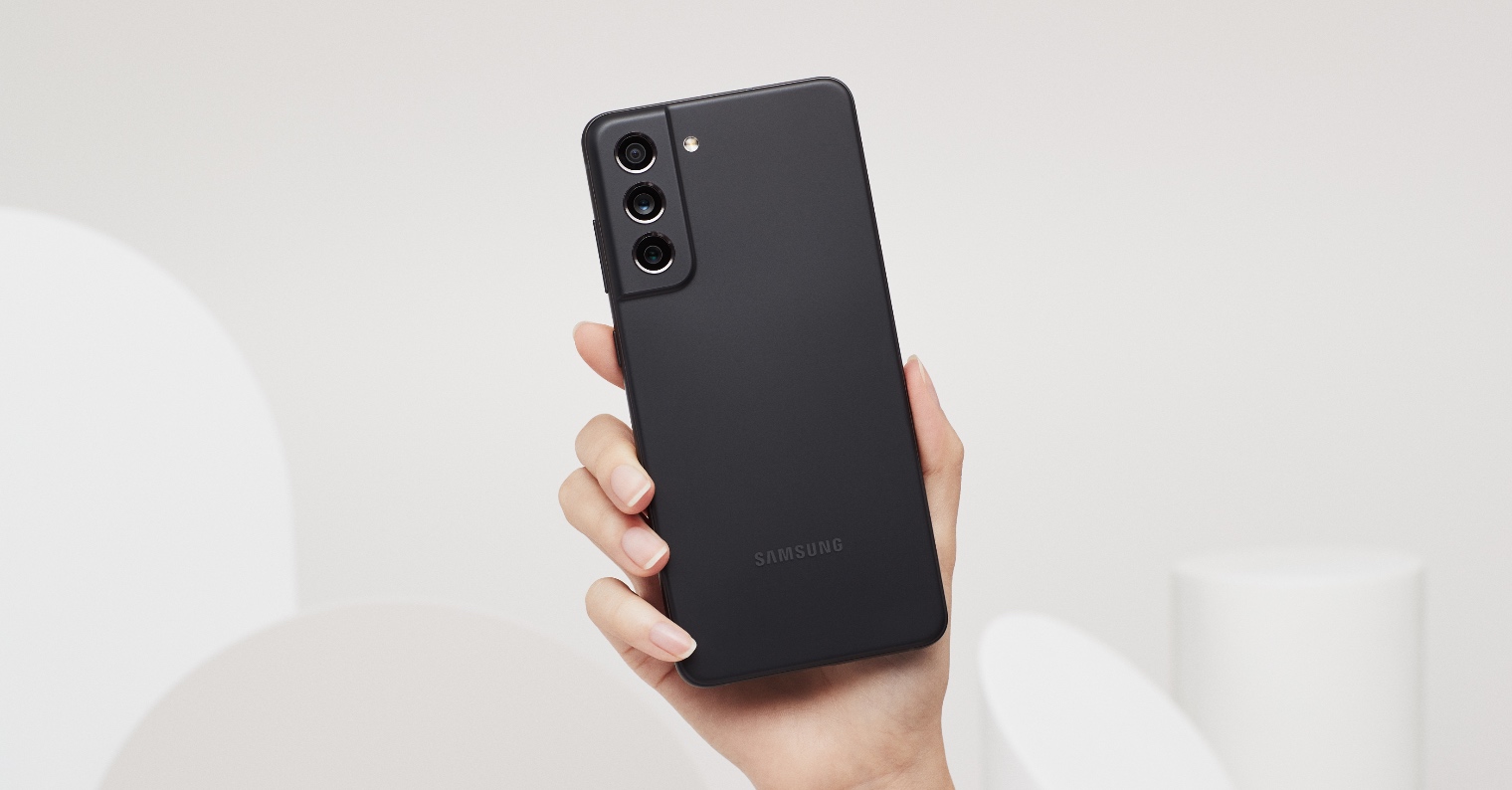
Google as a clear threat
Of course, it is well advised from the table. Samsung is also certainly aware of this, and if it wanted to, it could do something to improve itself. But since it is the world number one, maybe it doesn't hurt him as much as his users. We'll see how Google fares with its Tensor chips. Even he understood that the future is in his own chip. In addition, it is precisely Google that is poised to become a full-fledged competitor to Apple, because it makes phones, chips and software under one roof. At least in the last mentioned, Samsung will always be behind, even though it also had an effort in this regard with the Bada platform, which did not catch on.
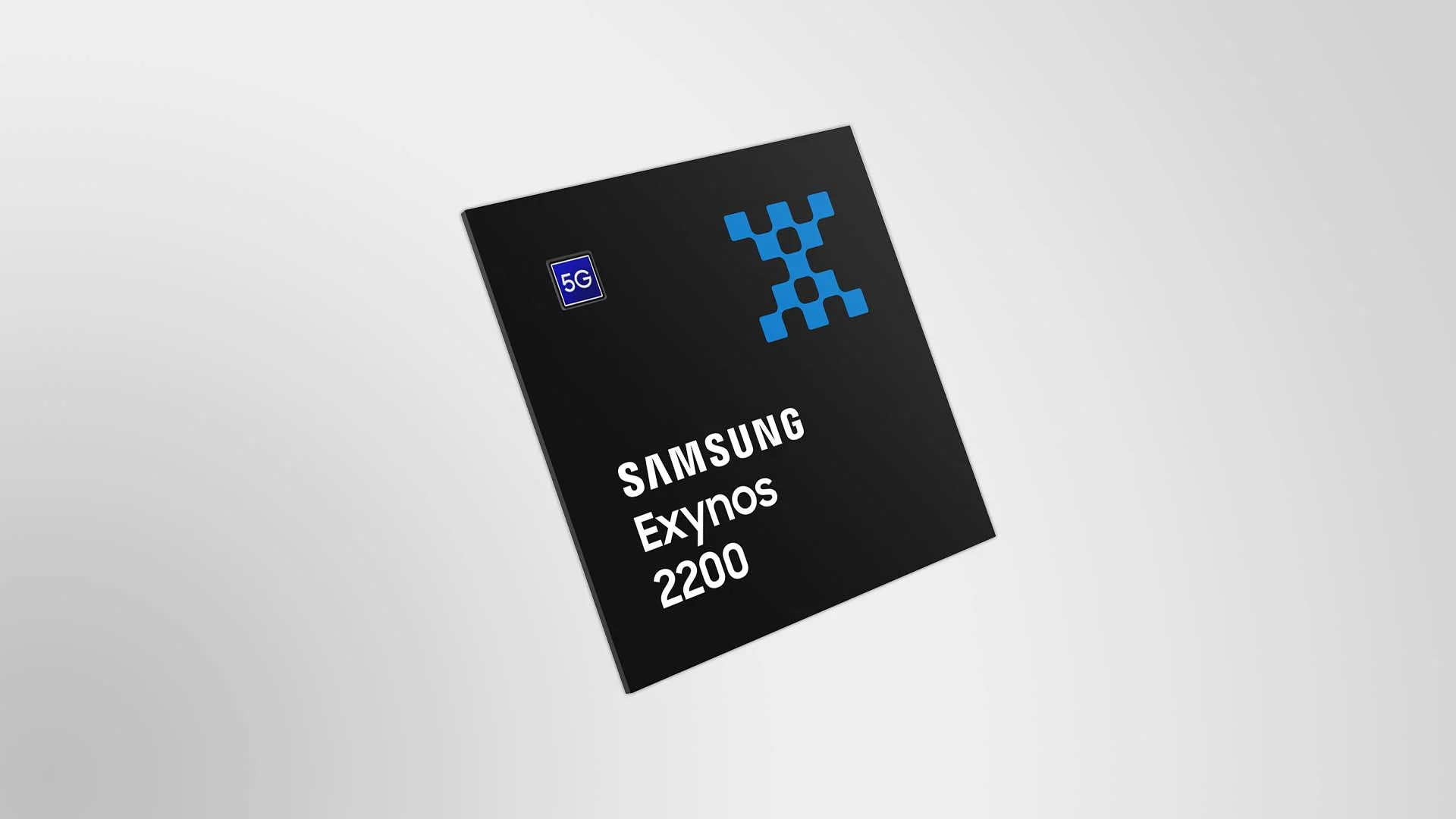
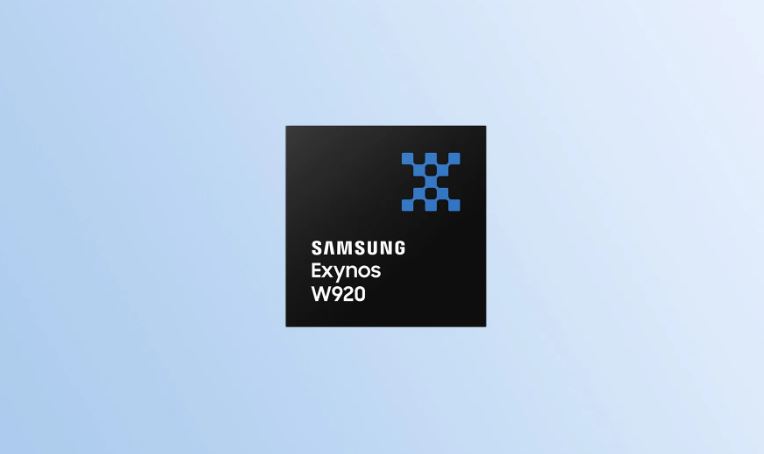
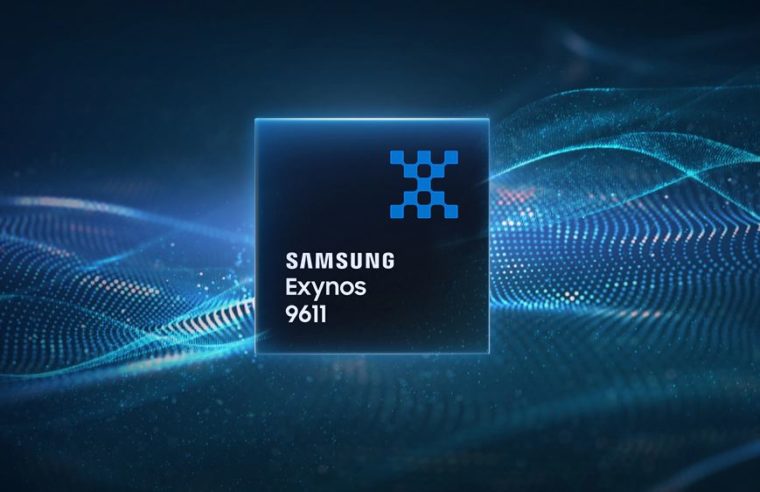
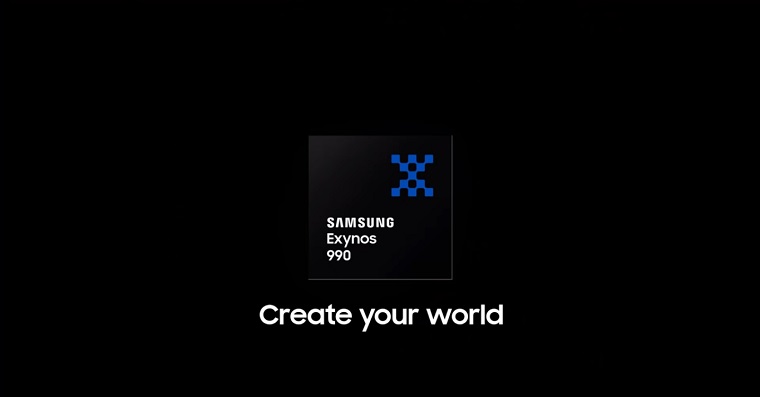
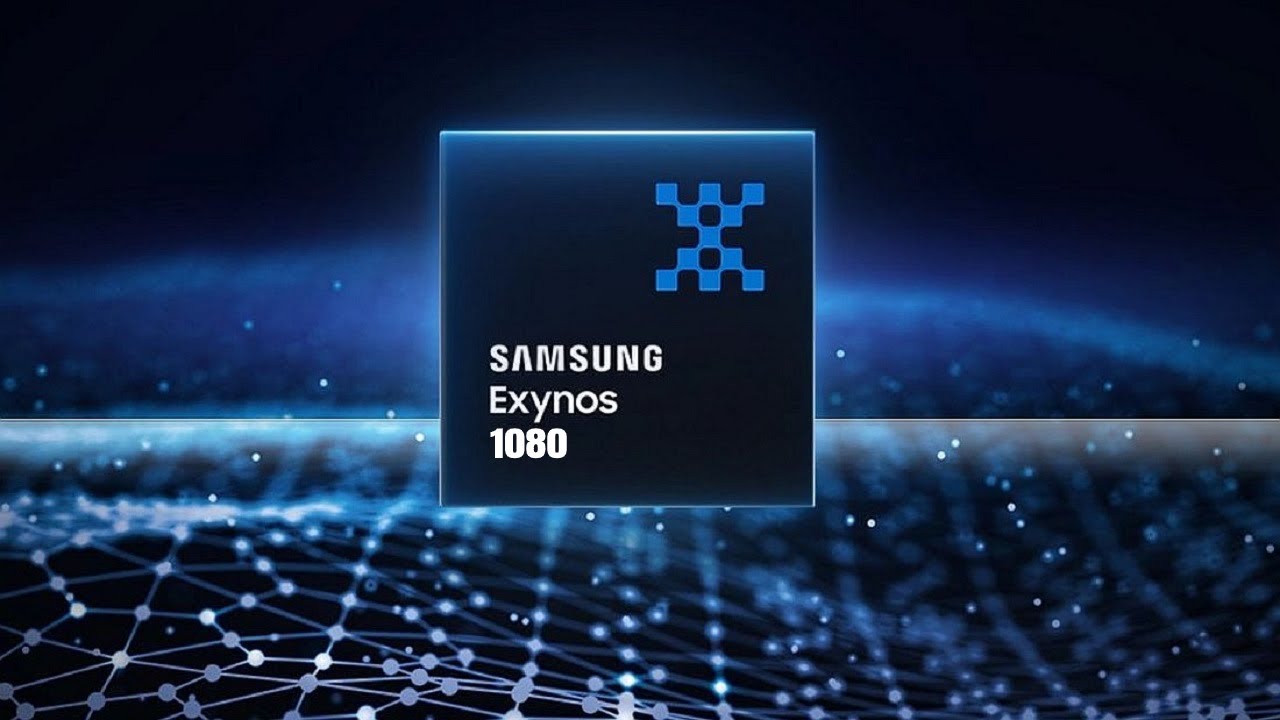
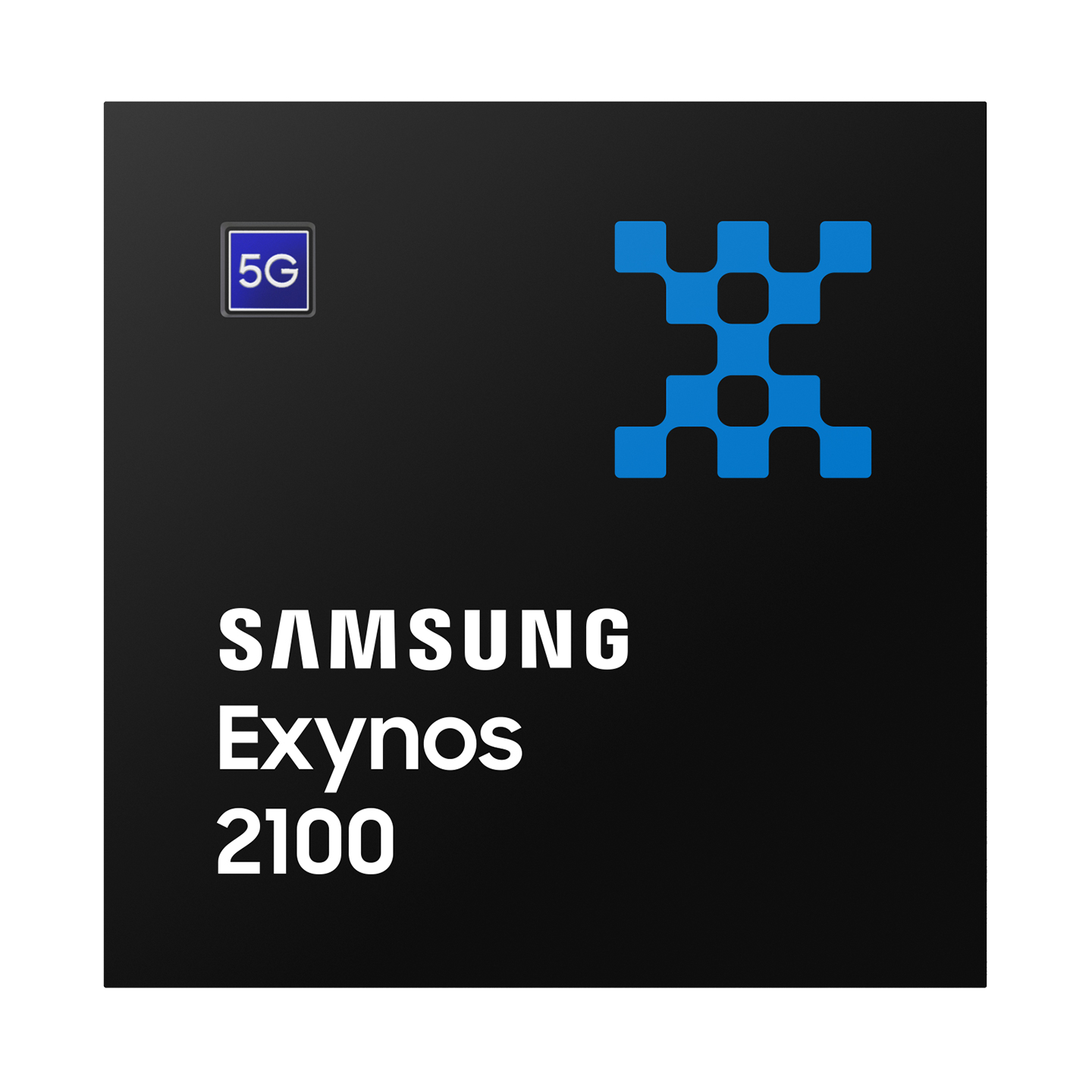
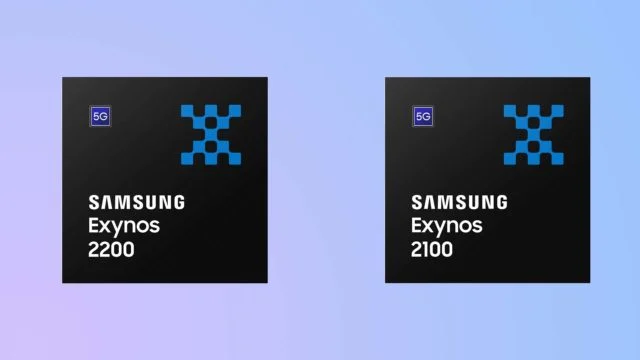
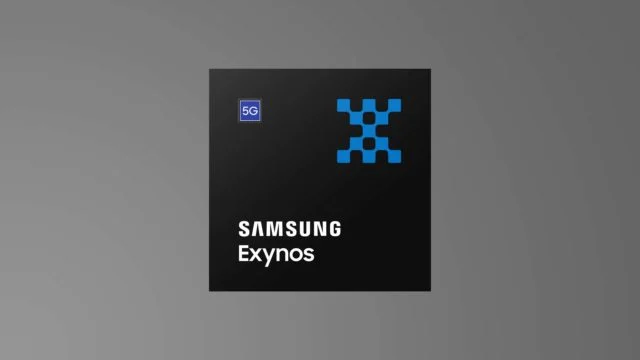
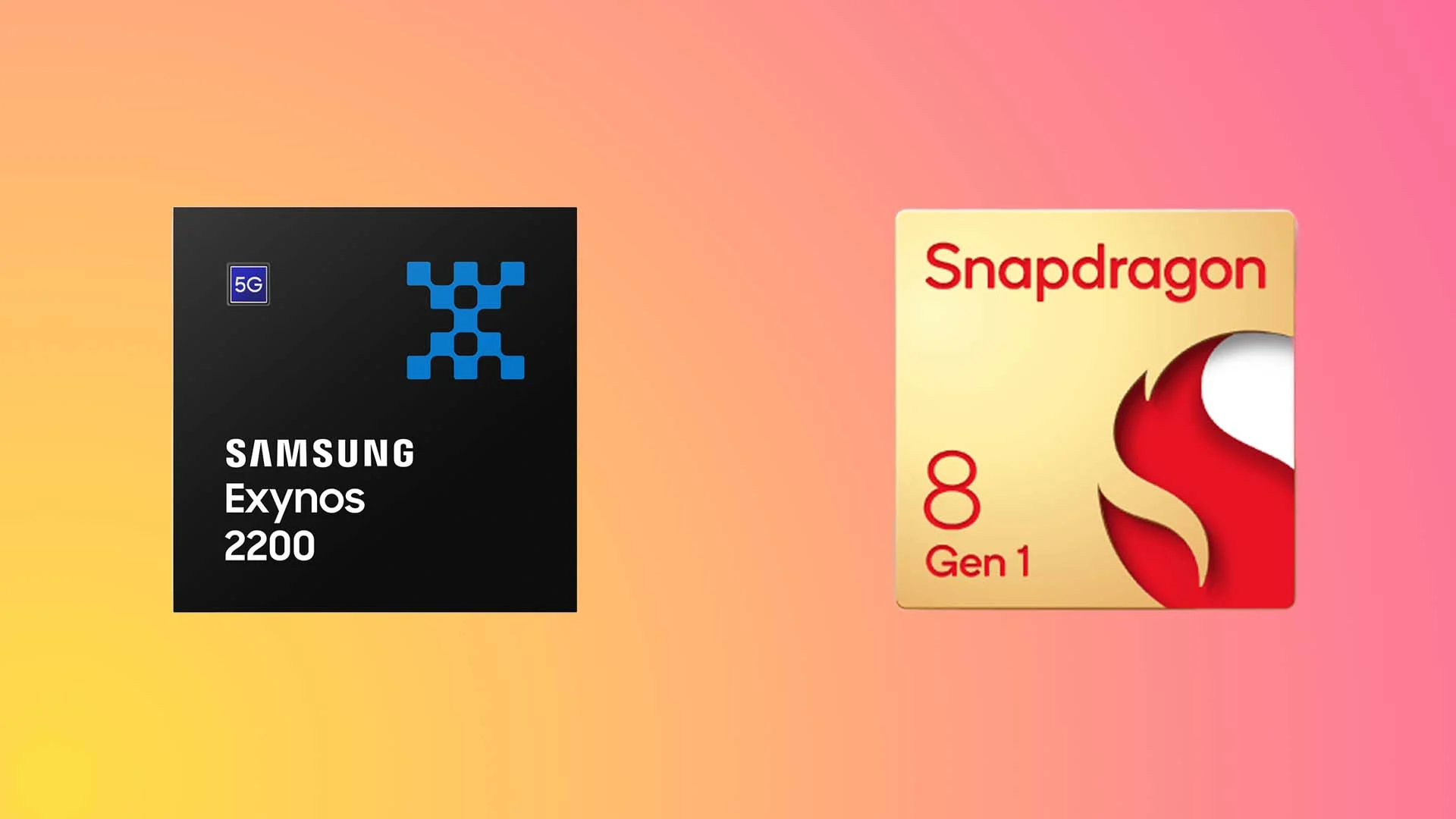
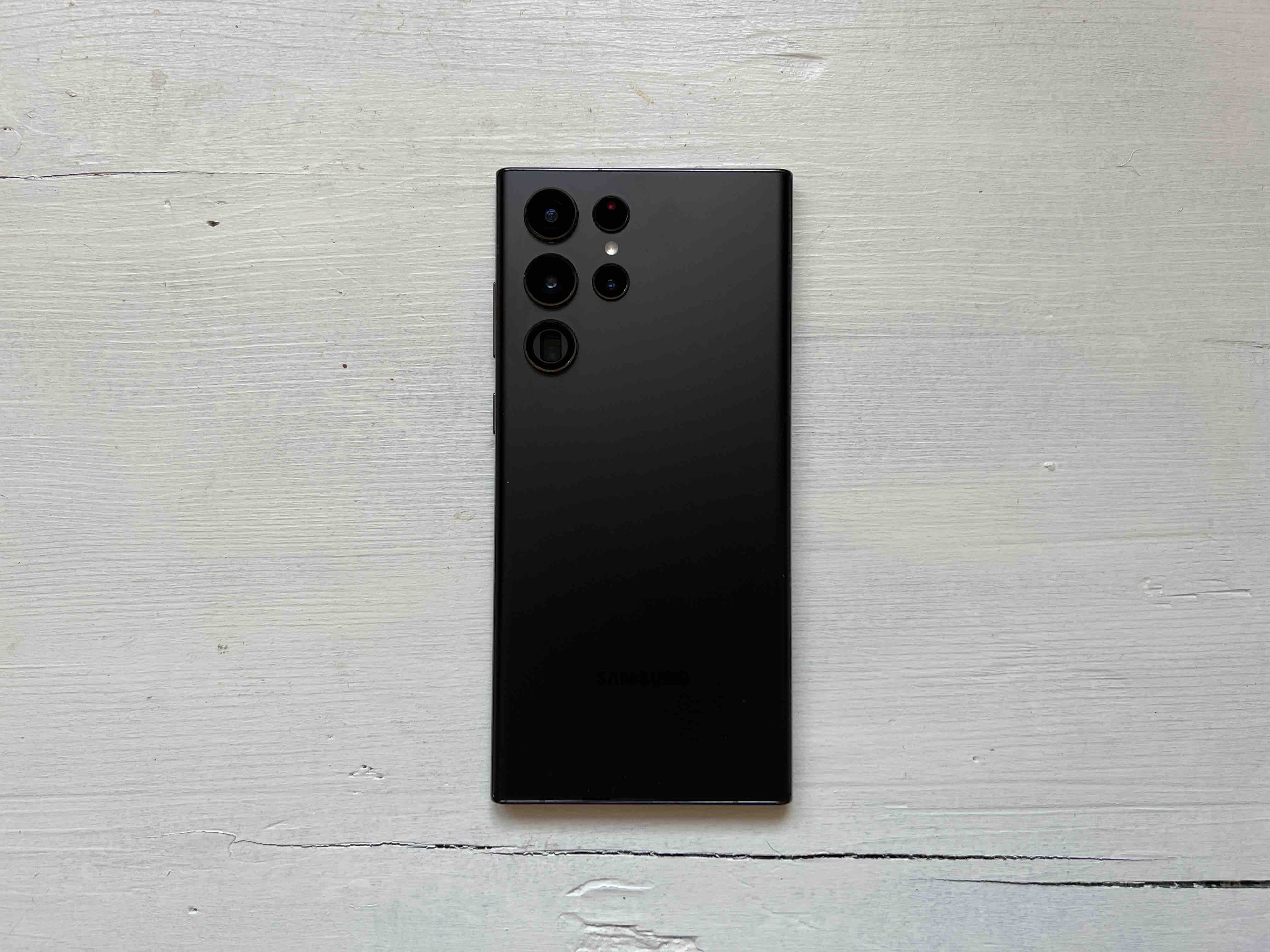
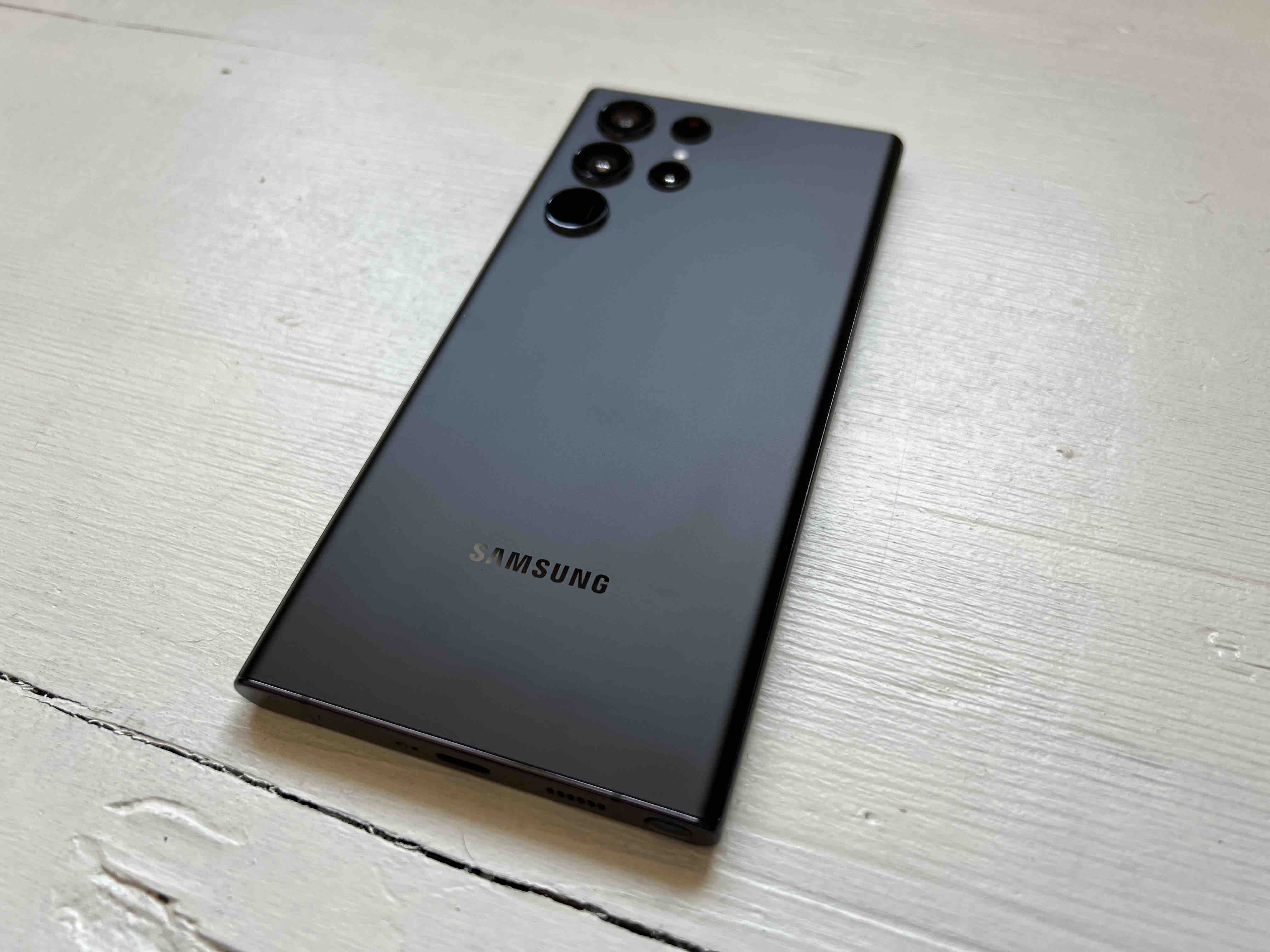
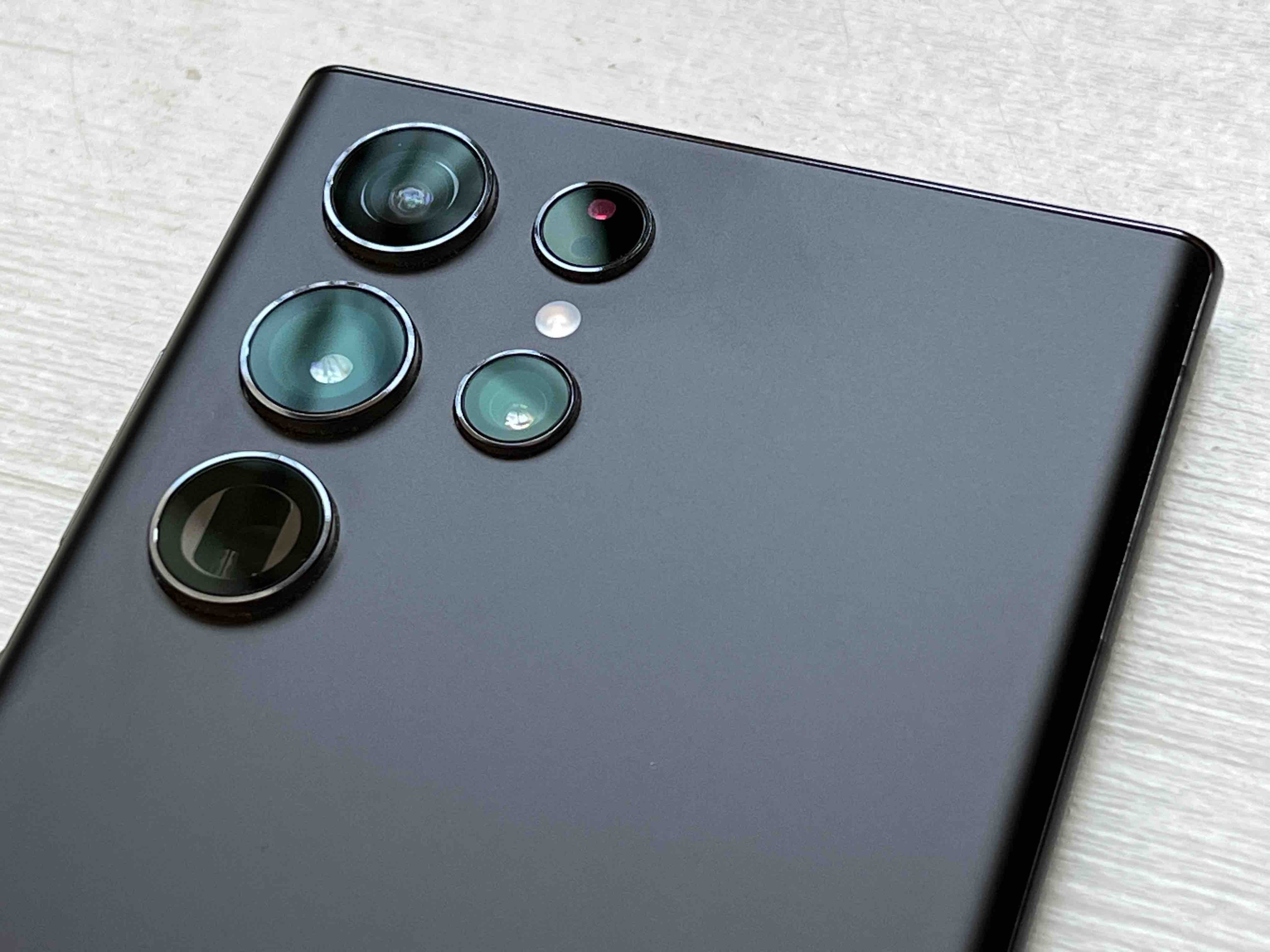
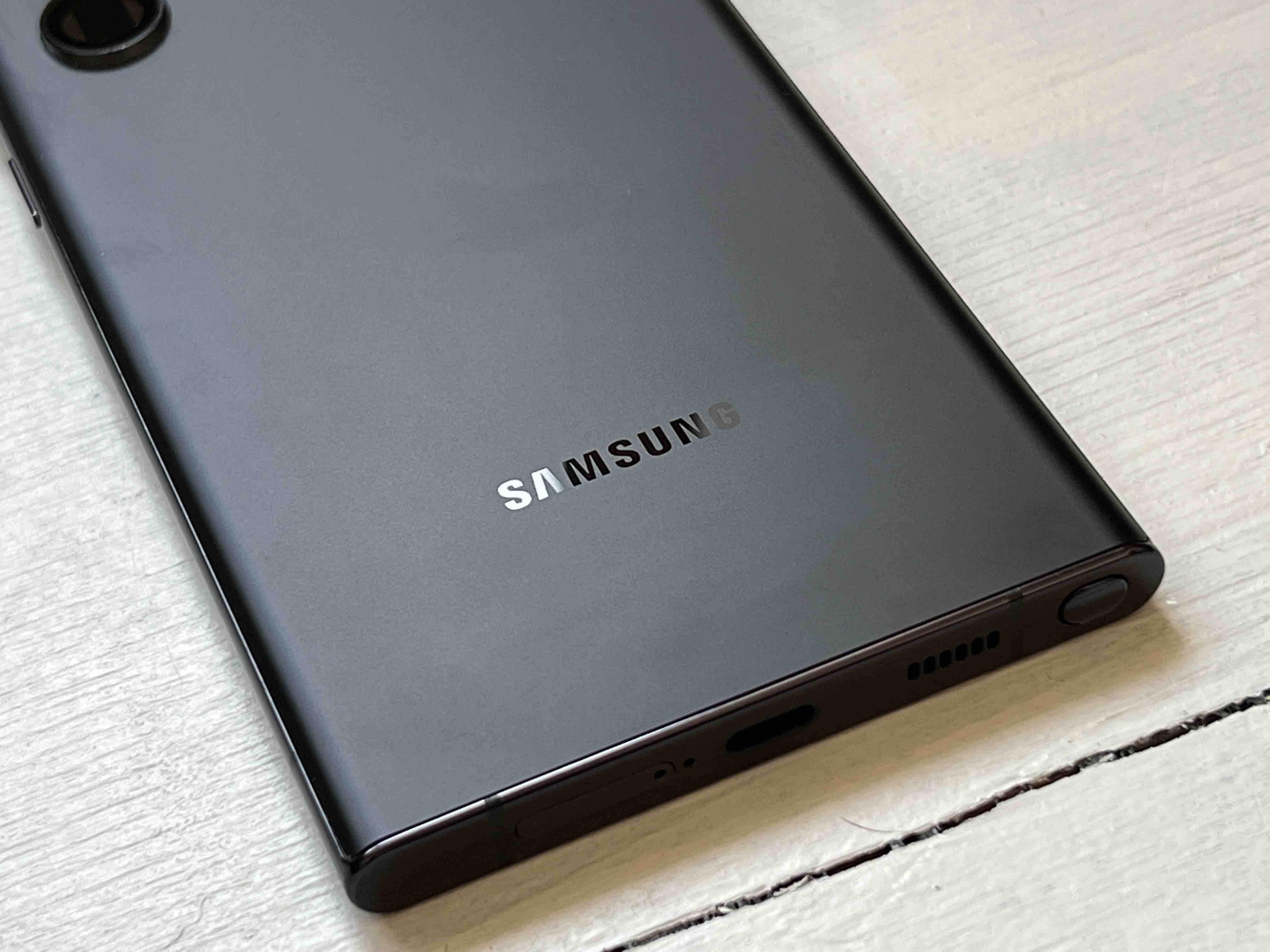
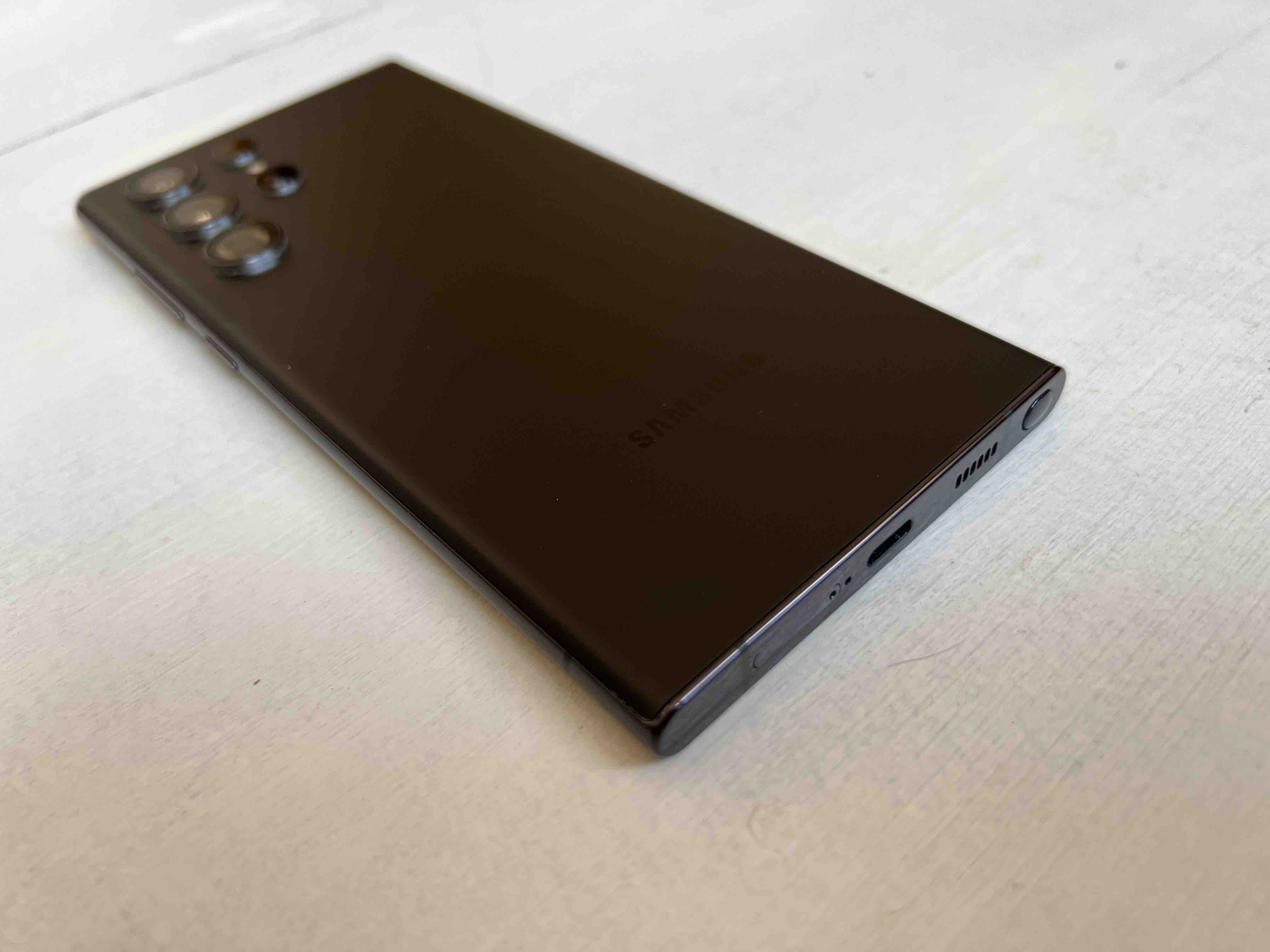



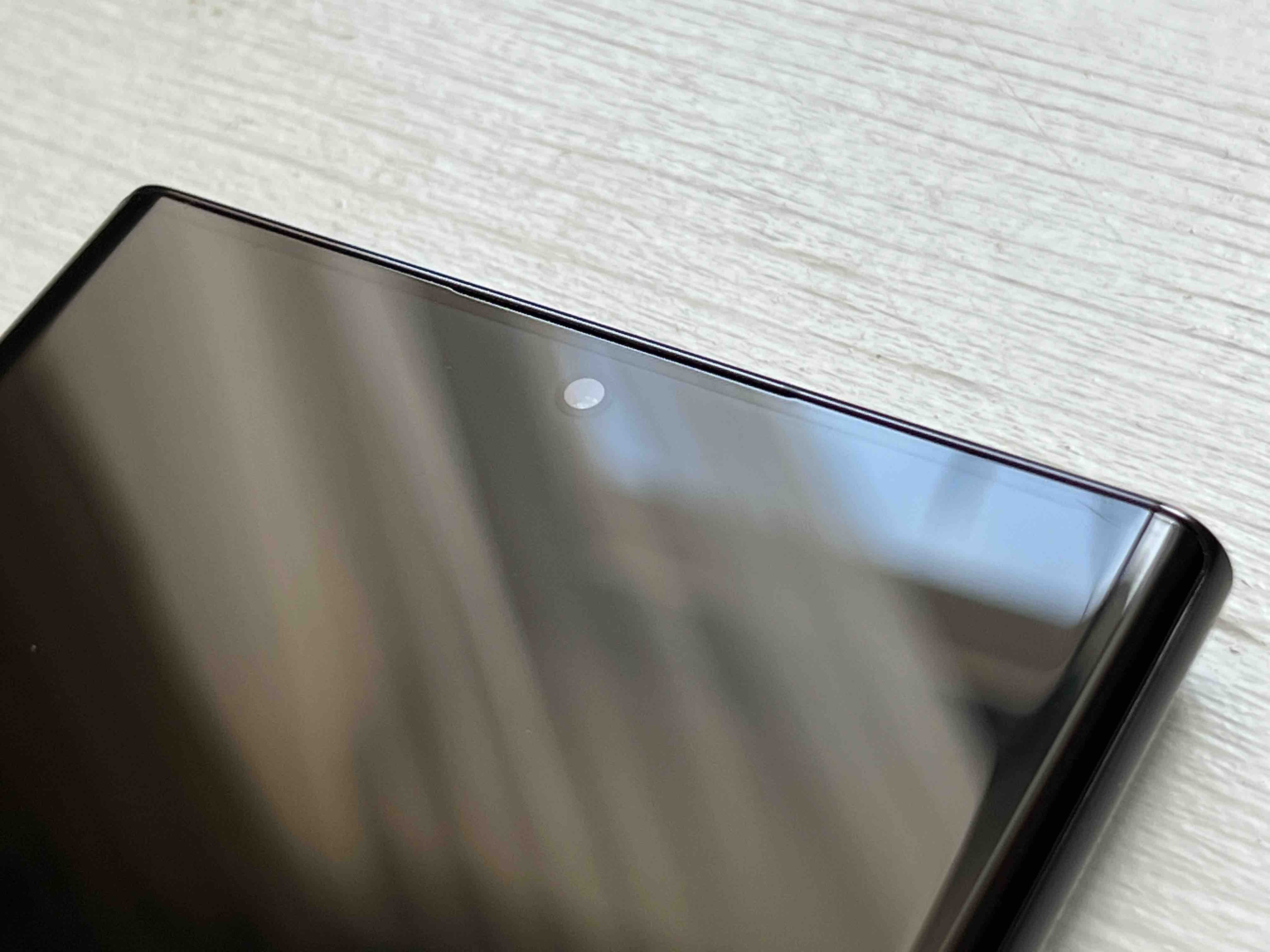
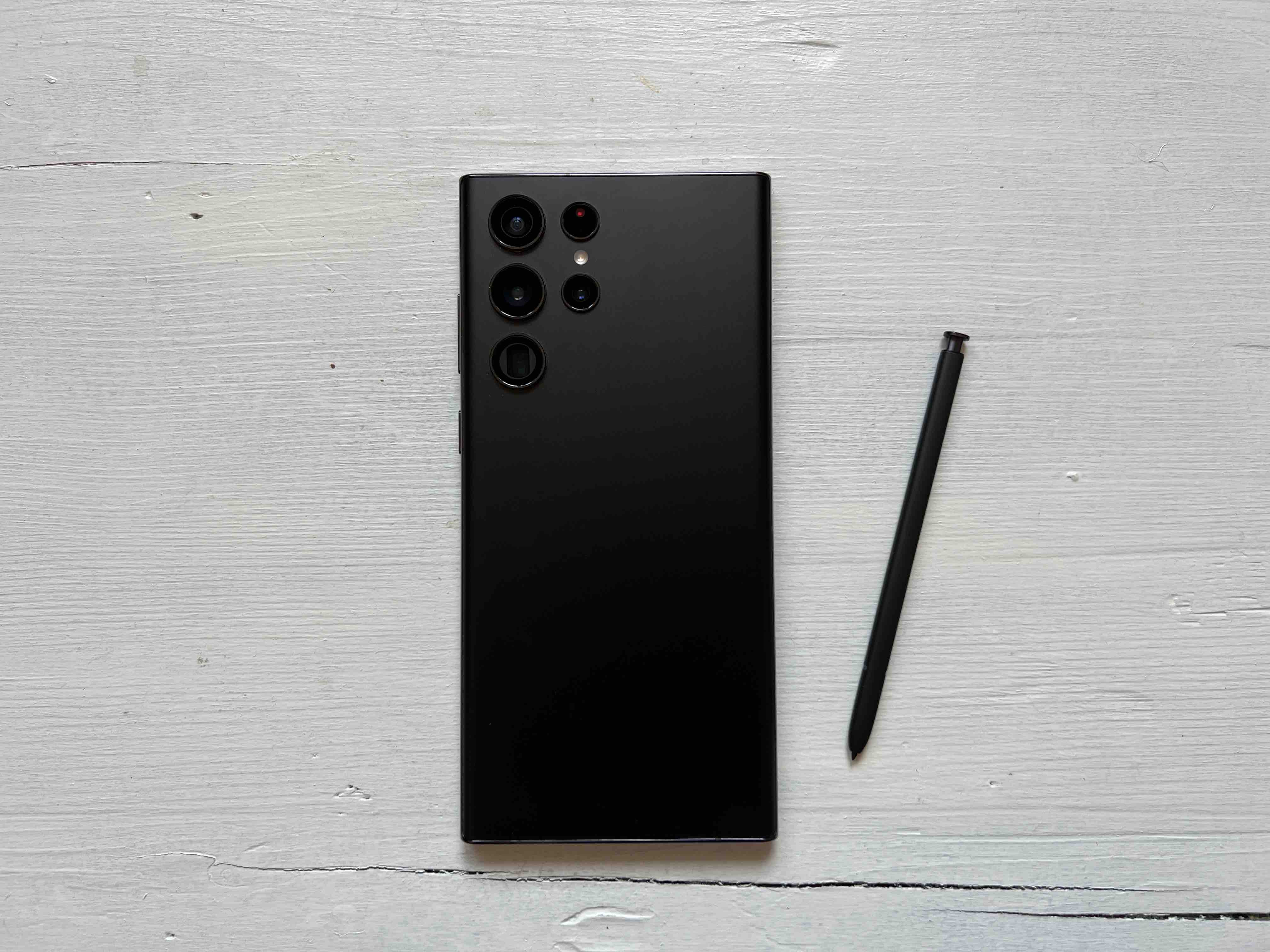
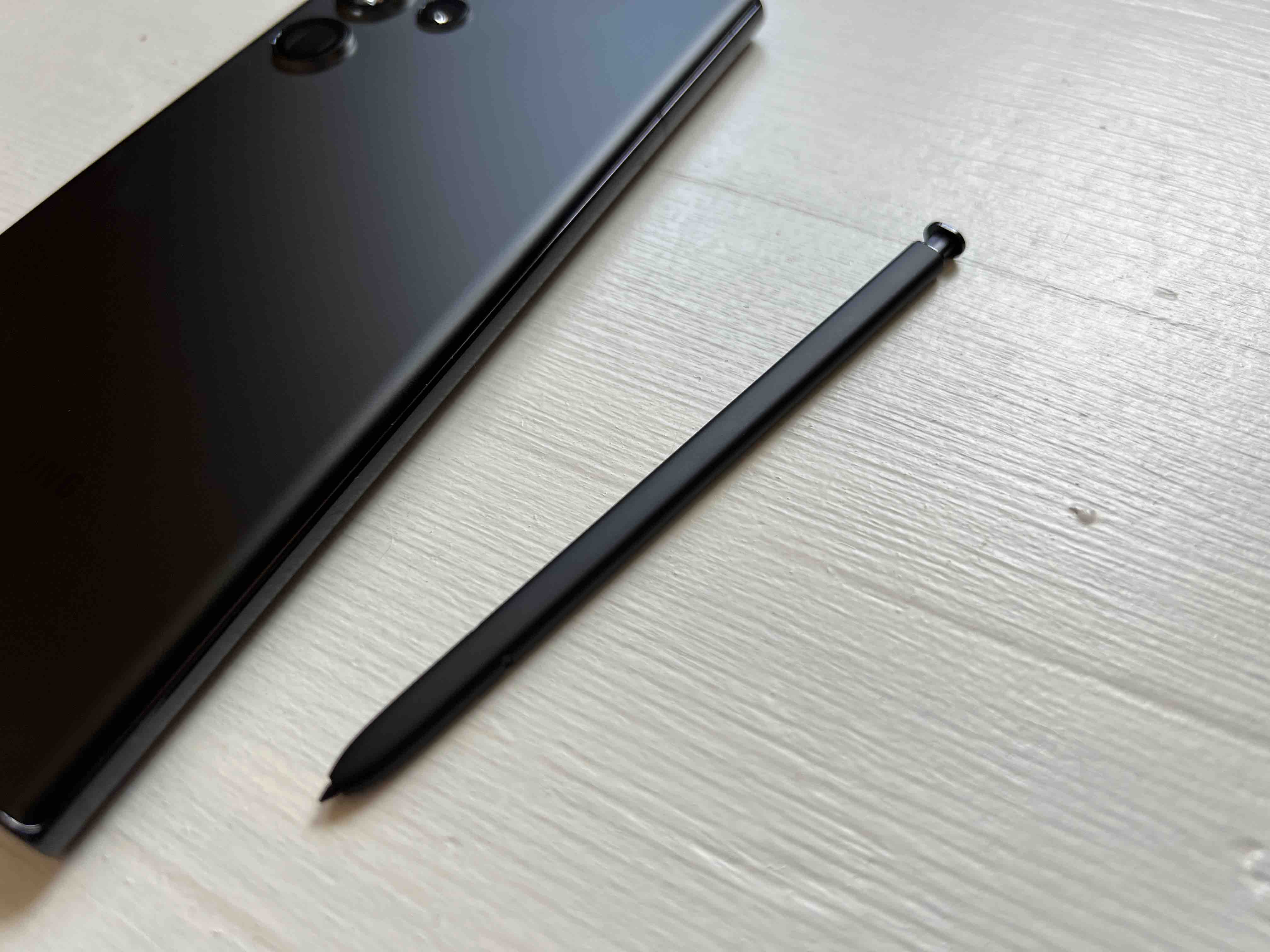
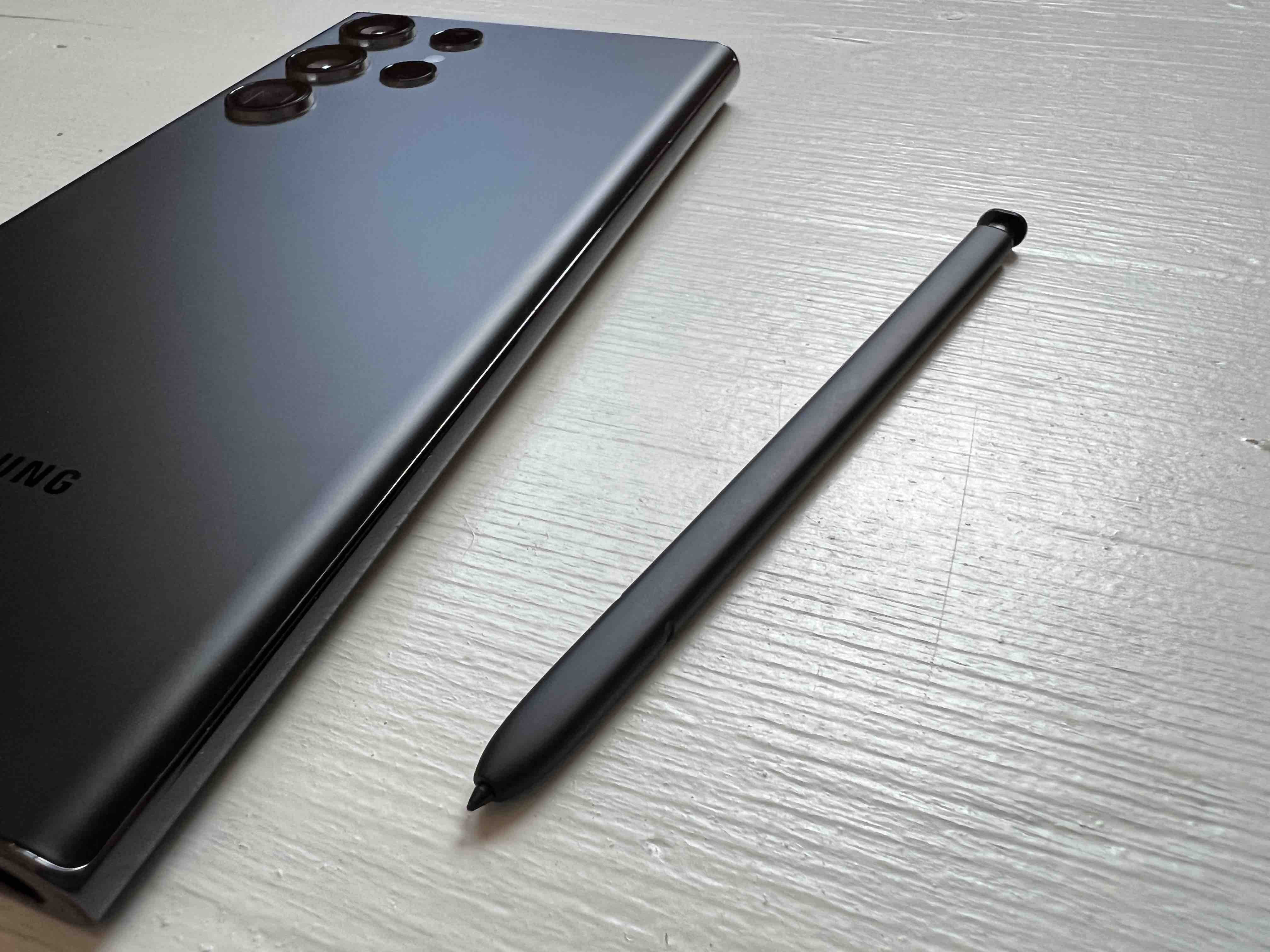
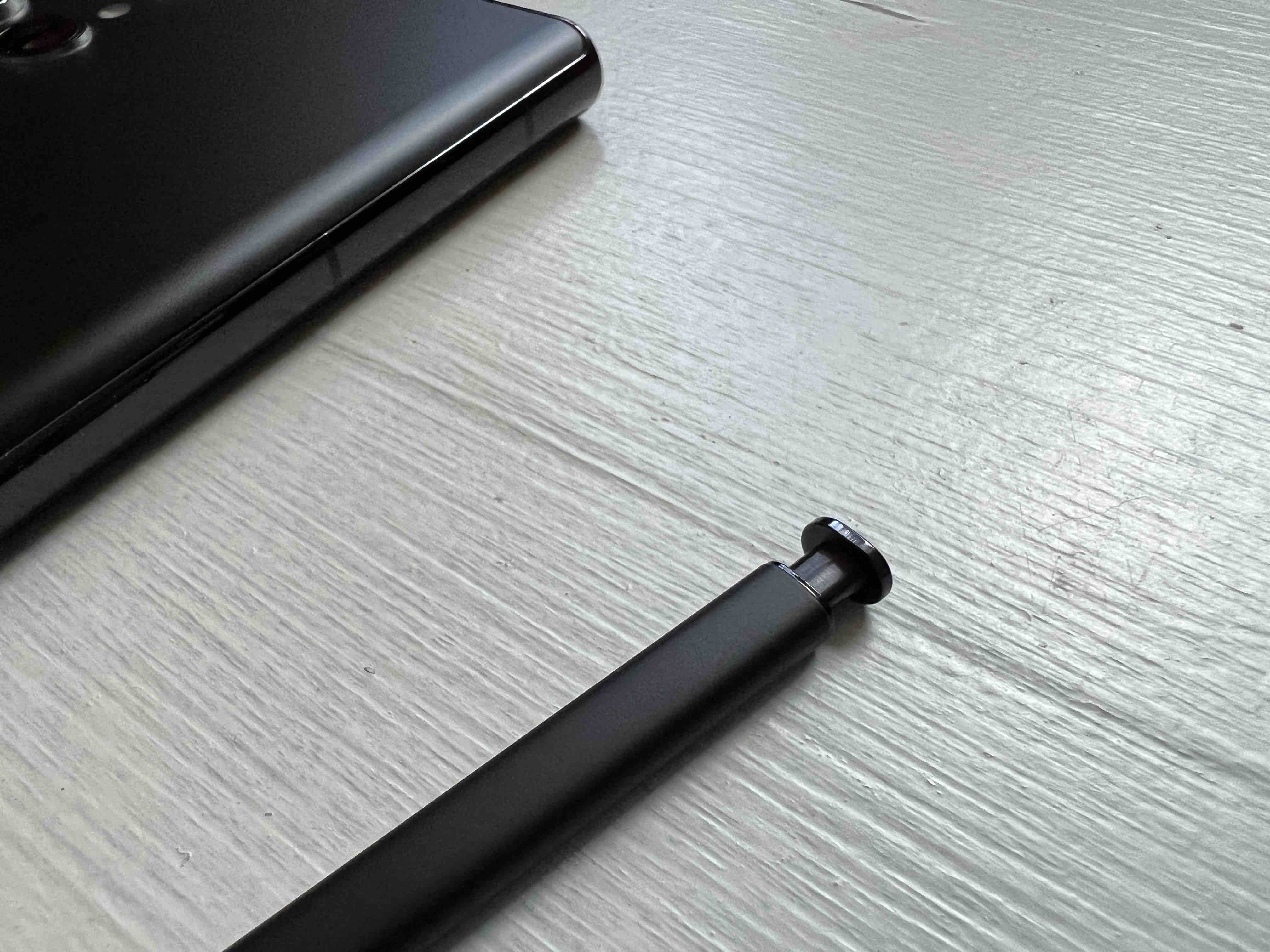
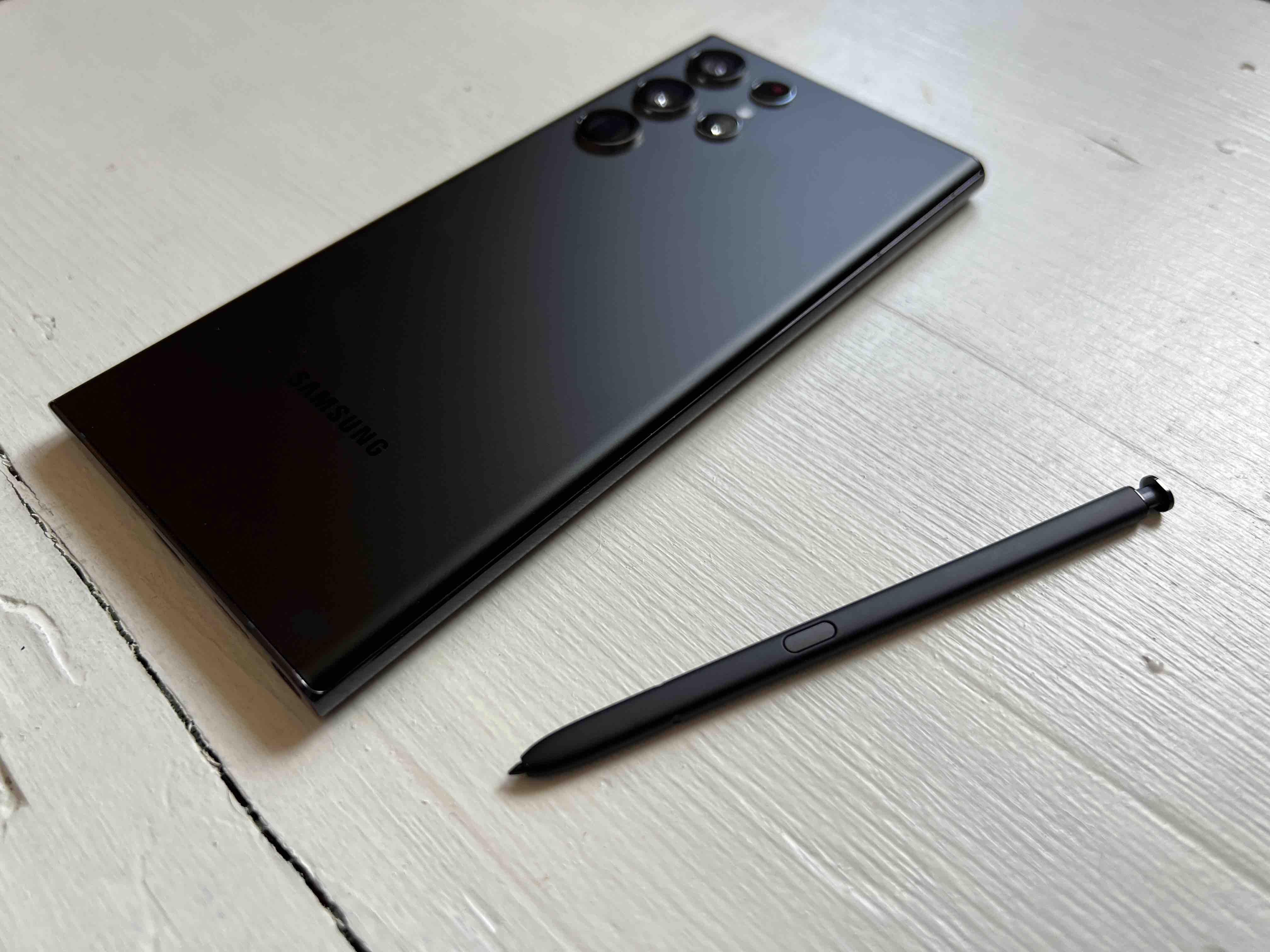
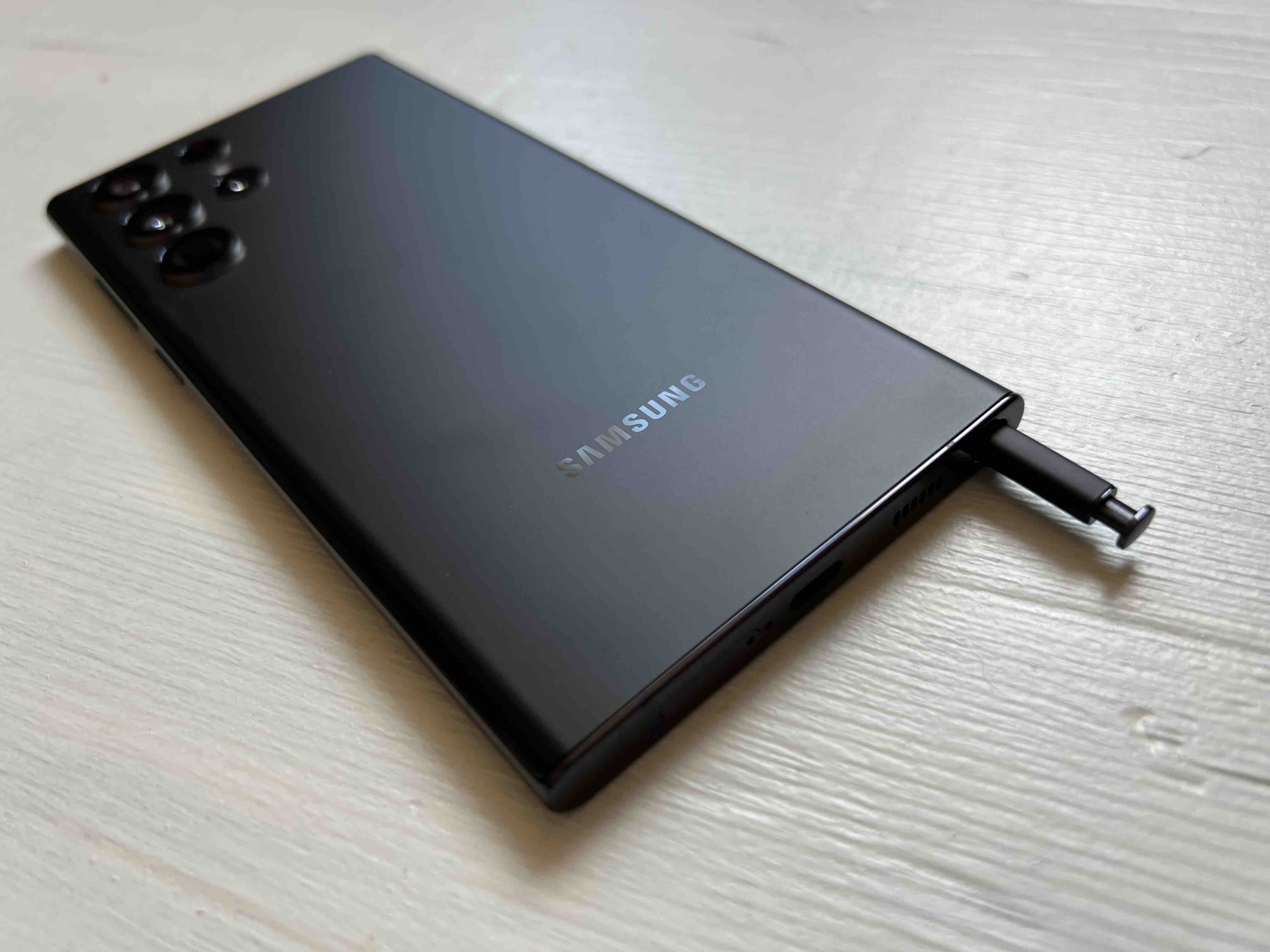
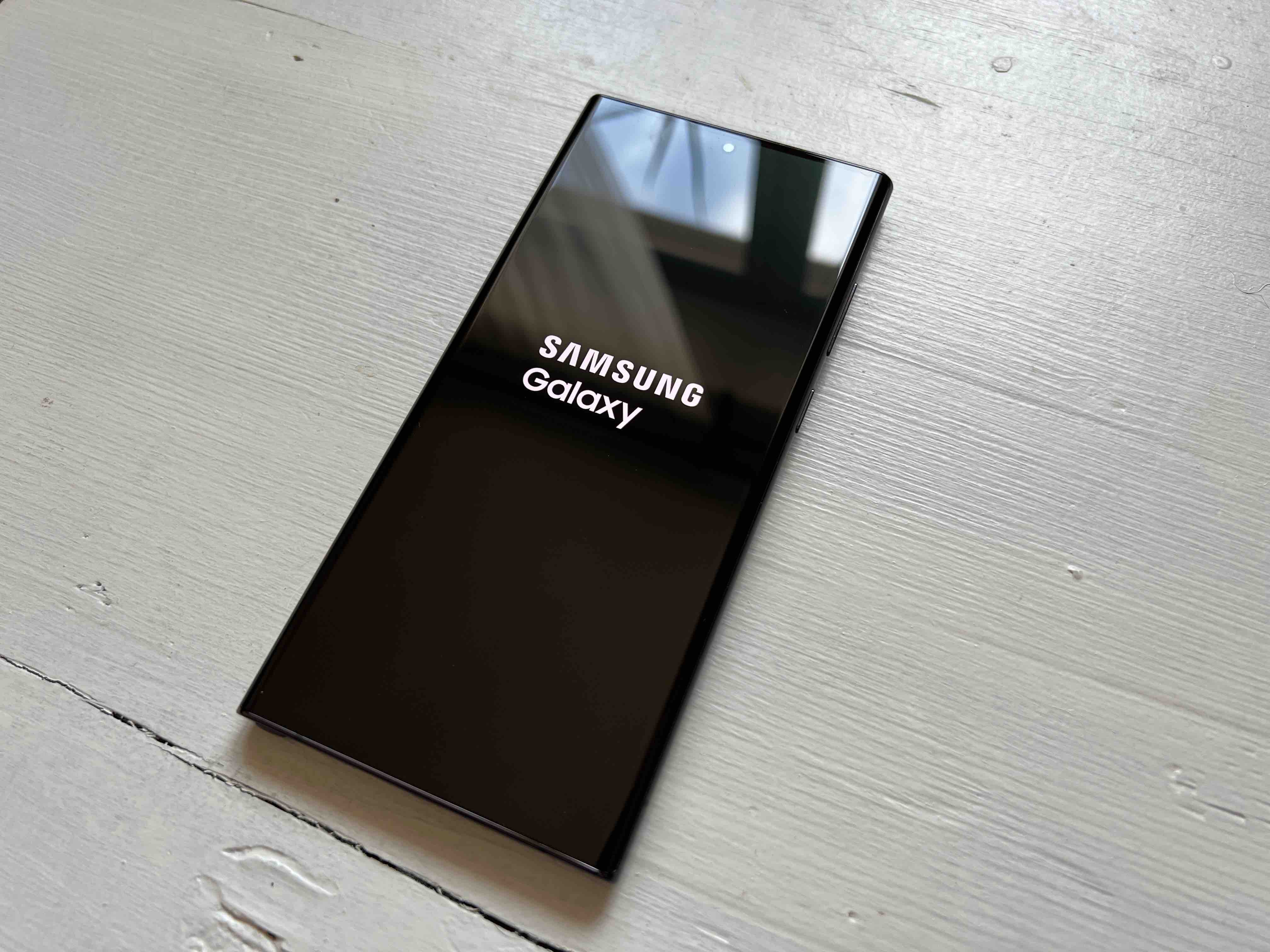
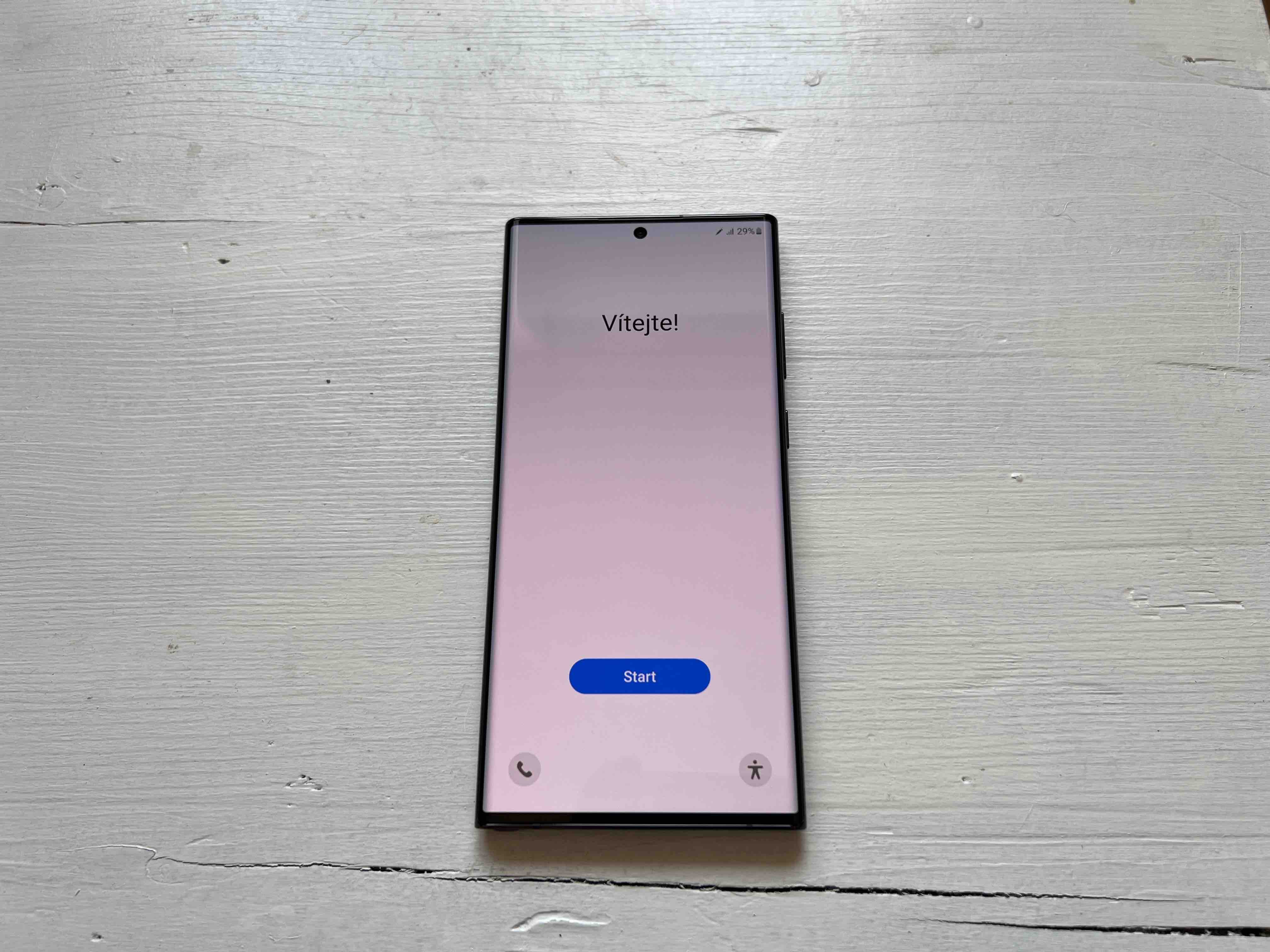
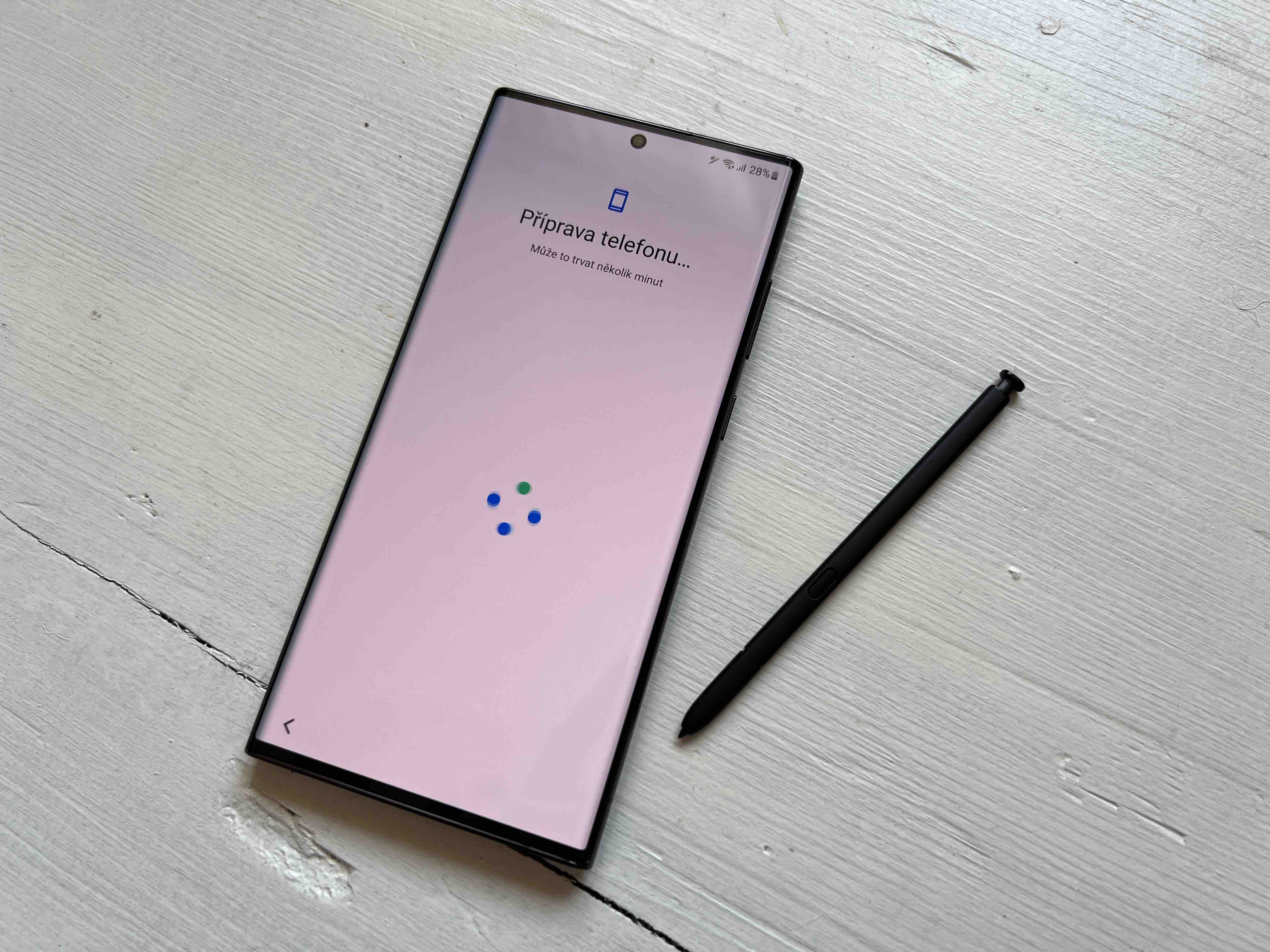
A few paragraphs of unnecessary text and an unsatisfactory answer. And Samsung hardly saw any strategy in Apple, after all, it produced processors even before him. And before Apple A4 supplied chips for iPhones by Samsung. 😀
When we look at the copying of virtually anything by anyone, it's interesting that Samsung didn't copy the essentials. From Apple A4 has passed a lot of time and is still making the inappropriate path of a chip for everyone instead of making a chip just for itself and profiting from its perfect tuning for other hardware and software.
Every system is only as strong as its weakest link. This processor argumentation is for the weak minded uneducated. When I'm low on ram, the system backs up, that one apple it's really bad, that's why one fix after another is issued, slow memory, bad display response, .... So I can only drive the ice over the processor, but in the end it's a Trabant with a Porsche engine.
Well, I probably wouldn't argue with one patch after another, because Samsung has a lot of them Galaxy S22 has more than enough problems and they are also trying to patch it in every possible way. Little RAM is debatable, as iPhones do not have the same demands on it as devices with Androidem. That's why One UI also offers the RAM Plus function. That he would be iOS downright bad is also not entirely true. Both systems have some advantages and some reserves.
Actually, the problem is in Samsung's 4nm manufacturing process. In short, at a certain frequency, the chips heat up a lot and have a high consumption. Thus, processors must operate at lower frequencies in favor of consumption and temperature, which is at the expense of performance. In addition, due to poor yield, only about a third of the chips produced are defect-free. In short, Samsung's 4nm process is a mess, and Samsung's customers (for example, nVidia) go to TSMC, where it also manufactures Apple. If Samsung made the same chip at TSMC on the same process that Apple's chips are made, it would be closer in performance. Of course Apple it will always run away from others in terms of performance, as it has software written to fit the hardware and vice versa. When I ran the same application under the same hardware windows and under macOS, it had noticeably higher performance under Apple's operating system (photoshop lightroom). And it will be similar with Android.
Also having issues with your Samsung S22 Ultra that you can't call? Every day I receive X SMS about missed calls, while the signal is full...
They still don't know the basic function in Samsung?
I already had this problem + bad call quality on NOTE4 and S4
Seamlessly…